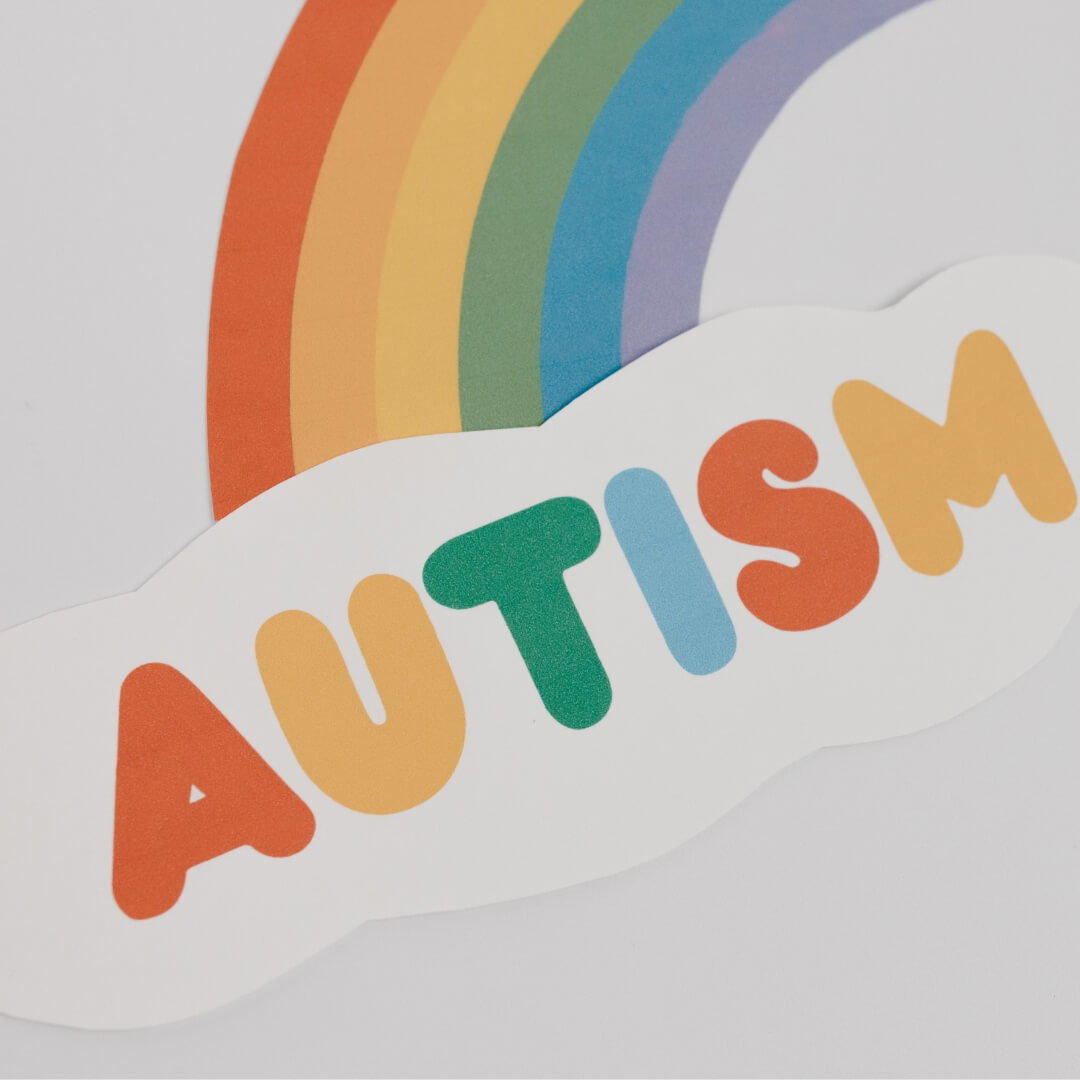Course Finder
Level 2 Diploma for the Early Years Practitioner 2025-26
The course is designed to provide learners with the knowledge and understanding of babies and young children from birth to 7 years of age with applied knowledge to work in an early years setting.
-
2025-2026
-
16 to 18
-
Adult Learner
-
Full Time
-
Vocational
Level 2 Extended Diploma in Health and Social Care 2025-26
Further your career in care with this Level 2 Health and Social Care course taught at East Durham College's Peterlee campus.
-
2025-2026
-
16 to 18
-
Adult Learner
-
Full Time
-
Vocational
Level 5 Foundation Degree (FdSc) in Health & Social Care 2025-27
Take your career to the next level with this Foundation Degree in Health and Social Care, in association with the University of Sunderland. This course provides a professional development opportunity for those working with young people in nurseries, primary schools, youth centres or similar settings.
-
2025-2026
-
Adult Learner
-
Full Time
-
Higher Education
NCFE CACHE Level 2 Diploma for the Early Years Practitioner - Adult
Fancy a career in early years?
This course is designed to provide learners with the knowledge and understanding of babies and young children from birth to 7 years of age, with applied knowledge in the early years, 0-5 years. The qualification content meets the Department for Education’s (DfE) Level 2 full and relevant criteria for a Level 2 Early Years Practitioner in the workforce.
-
2025-2026
-
Adult Learner
-
Full Time
-
Vocational
T Level in Education & Childcare 2025-27
The T Level in Education and Childcare course is a new and exciting opportunity designed in partnership with employers in the sector. It promotes the knowledge and skills needed to progress into employment or higher-level technical training or education.
-
2025-2026
-
16 to 18
-
Full Time
-
T Level
T Level in Health 2025-27
Thinking of a career working in Health? This course is a new and exciting opportunity designed with employers in the sector to promote the knowledge and skills needed to progress into employment and higher-level technical training or education.
-
2025-2026
-
16 to 18
-
Full Time
-
T Level
Distance Learning - Adverse Childhood Experiences (Level 2 Certificate) 2024-25
This distance learning course will help you develop an understanding of adverse childhood experiences (ACEs), equipping you with basic understanding of techniques for preventing and addressing ACE's in practice.
-
2024-2025
-
Adult Learner
-
Distance Learning
-
Distance Learning
Distance Learning - Autism (Level 3 Certificate) 2024-25
Gain a Level 3 certificate in Understanding Autism with our FREE distance learning course. This course focuses on developing your knowledge and understanding of autism, and the challenges and strengths that autistic people may experience.
-
2024-2025
-
Adult Learner
-
Distance Learning
-
Distance Learning
Distance Learning - Autism (Level 2 Certificate) 2024-25
This FREE distance learning course can be done from anywhere and gets you a full Level 2 certificate in Understanding Autism upon successful completion!
-
2024-2025
-
Adult Learner
-
Distance Learning
-
Distance Learning
Distance Learning - Cancer Support (Level 2 Certificate) 2024-25
Develop your knowledge of different types of cancer, from detection, diagnosis and treatment and find out how common they are, and how to support family members and others.
-
2024-2025
-
Adult Learner
-
Distance Learning
-
Distance Learning










